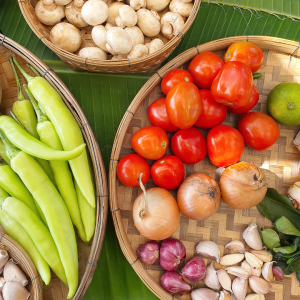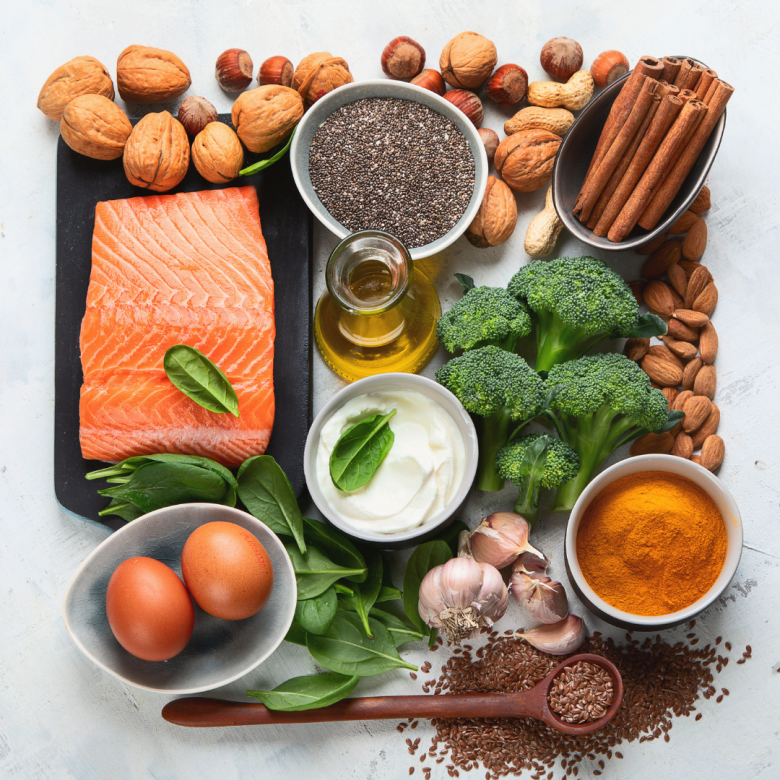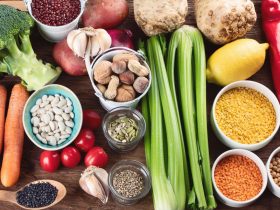Organic food is available in almost any supermarket today, so it’s easier than ever to find things like organic fruits and vegetables, organic meats, and other types of organic products.
But is eating organic actually good for your health and the environment, or is it just a trendy idea that is expensive, without any actual benefits?
What Exactly is Organic Food?
You’ve probably eaten some type of organic food at some point in your life, but you may be unsure about what exactly it means for a food to be organic.


It varies from product to product, and it’s ultimately to do with how agricultural products – including fruit, meat, and dairy products – are grown and then processed.
The exact requirements that have to be met for a product to be classified as organic vary from country to country. In the United States, a crop is only considered organic if it is grown without the use of certain types of fertilizers and pesticides.
As for organic meats, the animals must be allowed to roam land (not factory farmed indoors on an industrial scale) and must be given organic feed.
This consequently means that organic food is considerably more expensive than non-organic products. But, it can be worth the extra cost, so you should give it some thought if money isn’t too tight.
What Are the Benefits of Organic Food?
There are numerous benefits of eating organic food, both for your own health and from an environmental perspective.
Organic Food is Fresher
Because organic food, crops in particular, contain none or fewer pesticides, they are often fresher and may taste better. You’ll still find differences in the quality of organic produce from one place to another, but generally this point stands true when comparing organic food to non-organic food.
It’s Less Harmful to the Environment
Organic farming is less harmful to the environment in countless different ways, making it a no-brainer for those of you who are eco-conscious.
Specifically, organic farming results in less air pollution, improves soil fertility and uses less energy than non-organic farming methods.
Organic Food is GMO Free
Organic products are GMO free, which means their DNA hasn’t been modified. Many non-organic products are genetically modified to them resistant to certain types of pesticides so they can be protected during growth and harvesting.
It Contains Far Fewer Pesticides
Many pesticides are used in non-organic farming methods, and trace amounts of these pesticides can be found in the food when you buy them in a store and consume them.
As organic products are, by definition, grown without the use of such pesticides, you don’t have to worry about consuming potentially harmful pesticides if you only eat organic food.
A Quick Summary
- Organic food and diets are on the rise in the United States and in many European countries.
- And, with organic products now more available and accessible than ever, you may be wondering if switching to organic is worth the extra cost.
- There are many benefits of eating organic – both for your health and for the environment.
- For example, organic products are often fresher than non-organic products, and organic farming is less harmful to the environment.
- Furthermore, while non-organic products may contain pesticide residue when you buy them at the store, the organic alternatives will be completely free of pesticides as they aren’t used when growing the crops.
- So, all things considered, if you can afford the extra cost, switching to organic is advisable.






